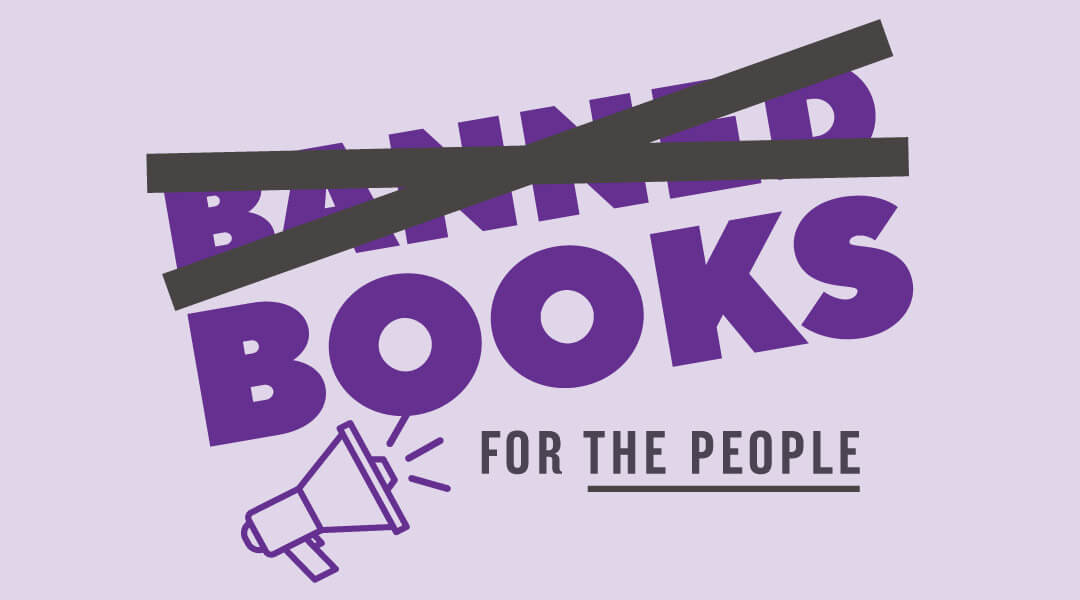Boy Erased: A Memoir of Identity, Faith, and Family
When Garrard was a nineteen-year-old college student, he was outed to his parents, and was forced to make a life-changing decision: either agree to attend a church-supported conversion therapy program that promised to “cure” him of homosexuality; or risk losing family, friends, and the God he had prayed to every day of his life. Through an institutionalized Twelve-Step Program heavy on Bible study, he was supposed to emerge heterosexual, ex-gay, cleansed of impure urges and stronger in his faith in God for his brush with sin. Instead, even when faced with a harrowing and brutal journey, Garrard found the strength and understanding to break out in search of his true self and forgiveness.
Why it was banned: Boy Erased was a part of Texas State Representative Matt Krause’s list of 850 titles he sent to the Texas Education Agency in 2021. Rep. Krause explains his list of challenges, citing they “make students feel discomfort.”
This title is also available for checkout as an eBook on Libby.









